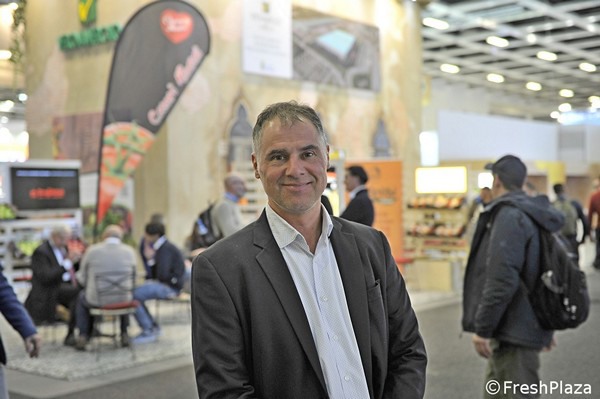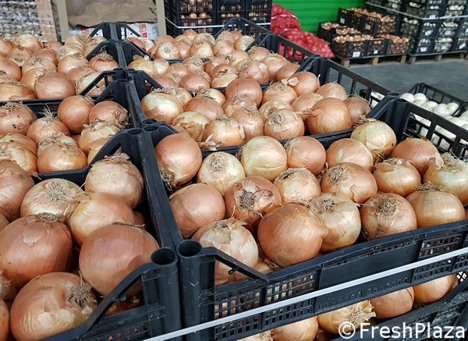"The quality of Italian onions is low this year, there's no disguising that. And there is very little product circulating because of the high percentage of waste already in the field and that which is likely to occur while being stored. The high prices for this period are therefore justified," says analyst Matteo Freddi.
 Matteo Freddi
Matteo Freddi
"We have never seen prices like this before, either at the wholesale or retail level, but there is certainly no speculation going on. The yield in the fields was low, so a higher price is inevitable. And every link in that chain adds a little bit more. However, I see that consumption is going down for many reasons, so I think we are going to be able to keep everybody supplied until early next season. Or at least almost."
According to Freddi, the Borettana onion is the typical example of a product that indicates how the season will evolve in cold storage. "I am worried because in the case of the Borettana onion we are already seeing a lot of discarding. Of course, sales are going very well because the Borettana onion is in short supply this season. There is a lot of demand for it, whatever the circumstances. But there is no denying that there is a lot of discard."
And while storage costs are lower than in 2022 thanks to lower electricity prices, a high diesel price is causing other cost increases. "In some discount stores, yellow onions are sold for 1.60 euros per kilo. That is a lot compared to the past. Consumers will soon be buying about one onion less. The shopping carts will not be filled as eagerly."

When we talk about a decline in consumption, it is unlikely to be the case that people have stopped eating. It is more likely that much of this decline is due in part to more mindful consumption, to less waste in general.
For example, by shopping on a daily basis instead of making weekly trips to the supermarket to buy large quantities of fruits and vegetables, which then languish in the refrigerator or fruit baskets before being thrown away.
"In the meantime, we are preparing for the Euronion Congress. This year it will take place in Bologna. We will take stock of the situation at a European scale there on 9 November."
For more information: 
Freddi Prodotti Ortofrutticoli S.n.c.
Via Lama, 41
Calerno di S. Ilario d'Enza (RE)
+39 0522 679831
[email protected]
www.cipollefreddi.it










